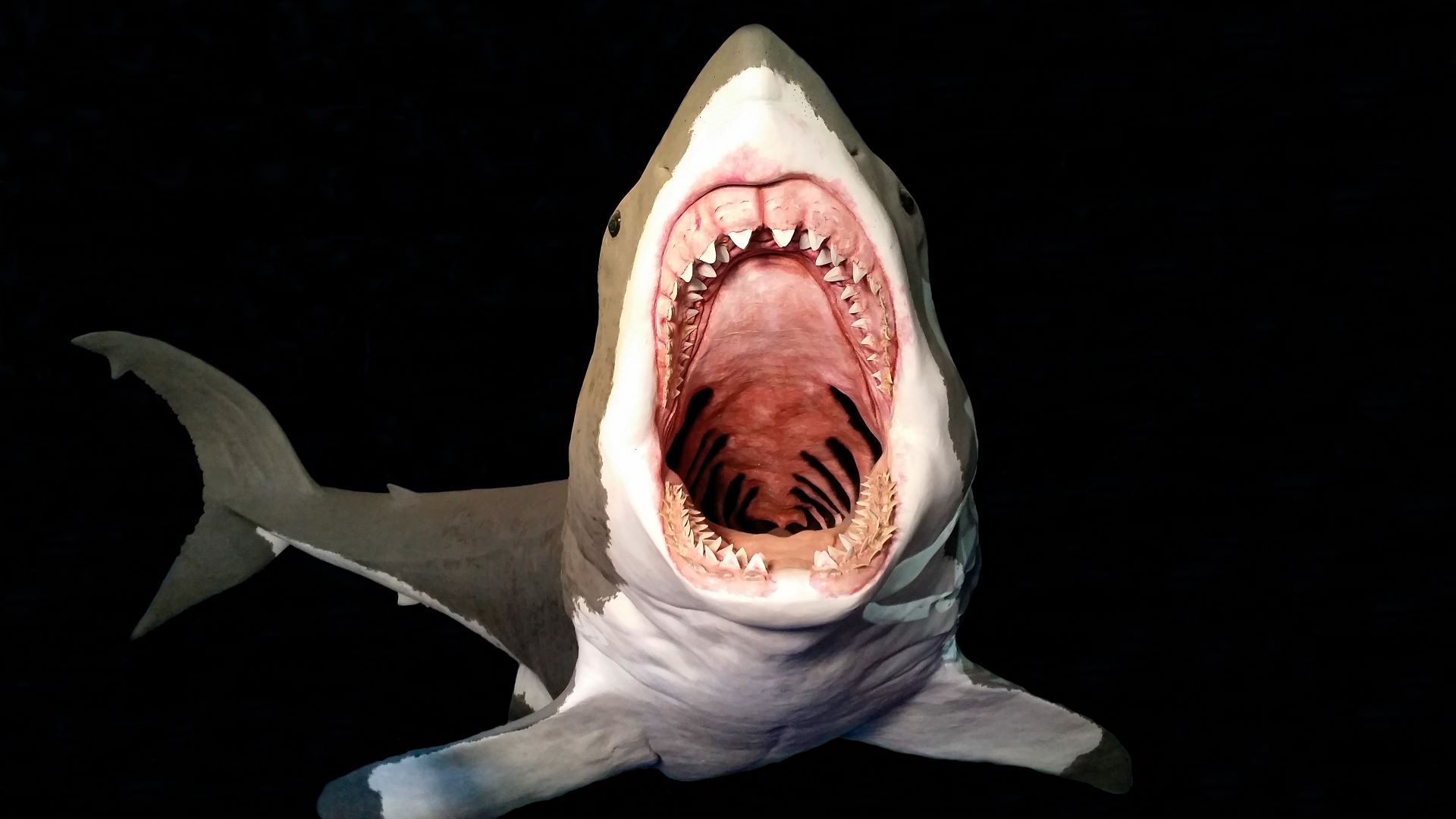6-year-old finds megalodon tooth on UK beach
The rare megalodon tooth was 4 inches long.

A 6-year-old boy was looking for shells and fossils with his father on a U.K. beach when he picked up a rare tooth belonging to a megalodon — the biggest shark that has ever lived.
Sammy Shelton discovered the megalodon tooth on Bawdsey Beach in Suffolk on the east coast of England, as first reported by the Great Yarmouth Mercury, a news outlet covering Great Yarmouth in the neighboring county of Norfolk, where the boy is from. The tooth measured 4 inches (10 centimeters) long, according to The Mirror, a British news website.
"We knew what it was but not how rare it was," Peter Shelton, the boy's father, told the Great Yarmouth Mercury.
The beach is a popular site for fossil hunters, who told the Sheltons that finding a megalodon tooth there is rare.
Megalodon teeth are quite common in some places, including off the East Coast of North America and off the coast of Morocco. However, they are "extremely rare" in the U.K., according to the Natural History Museum in London.
Related: The megalodon spent tens of millions of years honing its lethal, knife-like teeth
Megalodon (Otodus megalodon) ruled the oceans at the top of the food chain, chomping down large prey such as whales and dolphins, until it disappeared from the fossil record by the end of the Pliocene epoch about 2.6 million years ago. Scientists are still debating megalodon's exact size, but the giant sharks likely reached at least 49 feet (15 meters) long and may have been as big as 65 feet (20 m) long, Live Science previously reported.
Sign up for the Live Science daily newsletter now
Get the world’s most fascinating discoveries delivered straight to your inbox.
The largest megalodon teeth can reach more than 7 inches (17.8 cm) in length, which is more than twice as long as the teeth of the biggest great white sharks (Carcharodon carcharias), according to the Kentucky Geological Survey at the University of Kentucky.
Sharks shed and grow new teeth throughout their lifetimes, so shark teeth are continuously falling to the seafloor where they may become fossilized. The sheer number of shark teeth that have been shed throughout their history helps increase the chances that some are preserved and found by humans after millions of years.
The 2018 sci-fi movie "The Meg" pits a massive megalodon against actor Jason Statham, who coincidentally lived in Great Yarmouth when he was young, according to The Guardian
Originally published on Live Science.

Patrick Pester is the trending news writer at Live Science. His work has appeared on other science websites, such as BBC Science Focus and Scientific American. Patrick retrained as a journalist after spending his early career working in zoos and wildlife conservation. He was awarded the Master's Excellence Scholarship to study at Cardiff University where he completed a master's degree in international journalism. He also has a second master's degree in biodiversity, evolution and conservation in action from Middlesex University London. When he isn't writing news, Patrick investigates the sale of human remains.









